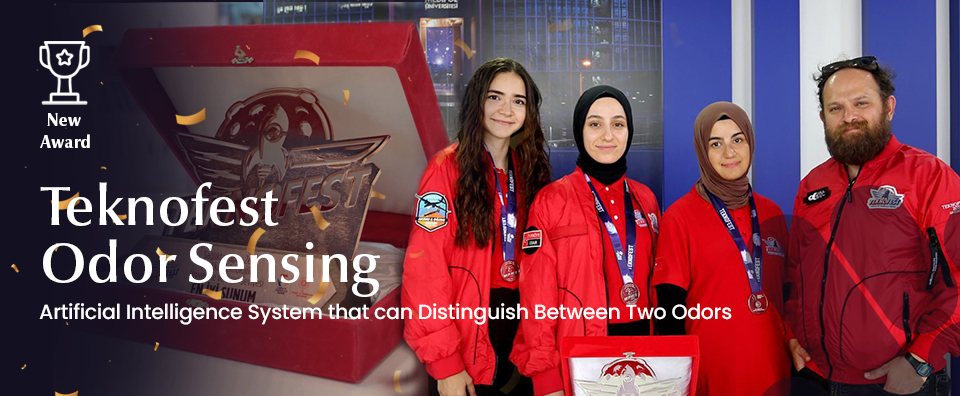Q-Lab/Electrophysiology and Behaviour Research Group
Art of Circuits!
Q-Lab focuses on revealing the neural circuits behind a certain function by using specific neurostimulation techniques such as optogenetics – chemogenetics and recording electrophysiological and behavioral changes.
Research Overview
Research Approach
Currently, Dr. Alp’s research group is pursuing research on:
• Feeding & Metabolism
• Neurocircuits of Hypotalasmus
• Internal Memory
NeuroHypotesis
By combining the questions of clinical experience with the potential of basic science, we develop hypotheses about how the nervous system works.
Scientific Inovation
We try to transform the basic findings and phenomena emerging during the research process into innovative solutions that will make our daily life easier.
Translational Reseachs
By establishing links between life sciences, engineering, social sciences and arts, we develop the courage to say new words about the future.






